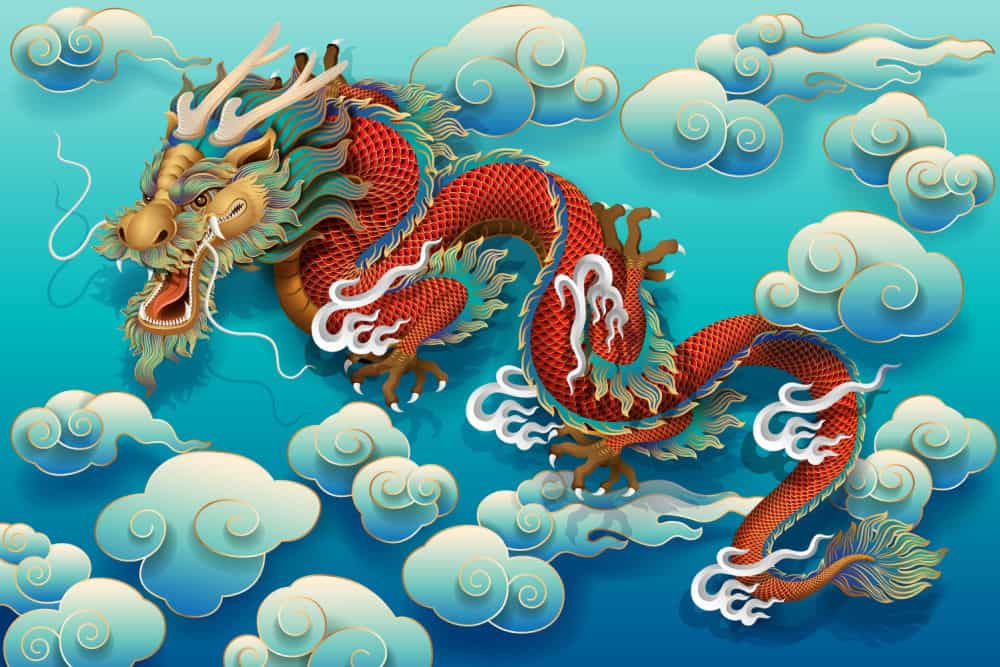The Rise of the Dragon

This week marked the beginning of the National Congress of the Chinese Communist Party, arguably the most solemn and important event in Chinese politics, where changes to the top-level leadership and to the Party’s Constitution are formally announced every five years. This year’s event will be remembered in history as the first time a third consecutive mandate was handed over to a Chinese president, paving the way for Xi Jinping’s lifetime rule. Since the Mao era, China has undergone a profound transformation of its economic and social structure, bringing it closer to a Western nation than ever before. The country’s rise to a global superpower began just 40 years ago when Deng Xiaoping’s government initiated economic reforms and trade liberalization. Deng’s goal was to energize an economy that was poor, stagnant, vastly inefficient, and relatively isolated from global markets due to Mao’s faulty economic and political policies. The move has had an astonishing effect on the country, whose GDP growth averaged 9.5% a year through 2018, a pace described by the World Bank as “the fastest sustained expansion by a major economy in history.” Notably, such growth has helped raise an estimated 800 million people out of poverty.
